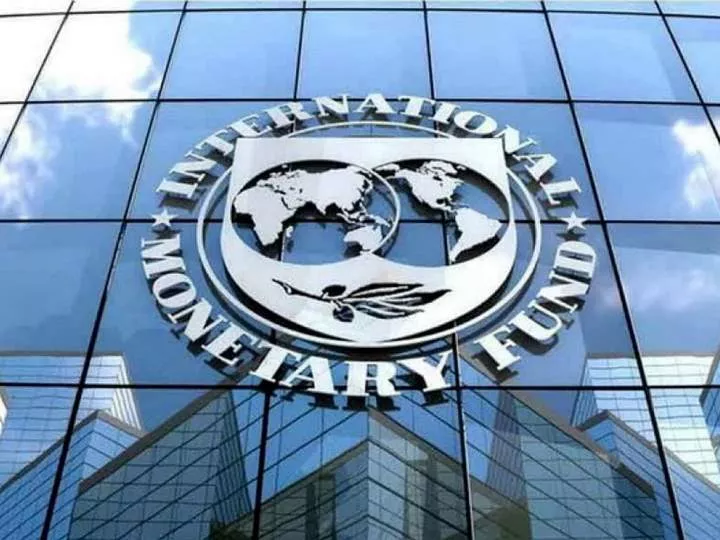
Eighteen months after the implementation of Nigeria's ongoing economic reforms, the International Monetary Fund (IMF) has observed that the fiscal policies introduced by the President Bola Tinubu administration are struggling to deliver meaningful results.
Catherine Patillo, IMF Deputy Director, while presenting a report at the Lagos Business School (LBS) on Friday, reported a mixed performance of economic reforms across Sub-Saharan Africa, with notable successes in countries such as Côte d'Ivoire, Ghana and Zambia.
Nigeria was conspicuously absent from the list of success stories in the region.
The report stated that sub-Saharan Africa's average economic growth rate is projected to remain at 3.6 per cent for 2024. It noted that Nigeria's growth rate, pegged at 3.19 per cent, falls below this average.
Patillo said that while macroeconomic imbalances have reduced in several countries, Nigeria has yet to show such progress.
She stated that more than two-thirds of countries have undertaken fiscal consolidation, stressing that while the median primary balance is expected to narrow by 0.7 percentage points alone in 2024, there are notable improvements in Cote d'Ivoire, Ghana, and Zambia, among others.
The report stated, "In contrast, Nigeria's inflation rate, which slowed briefly in July and August, resumed its upward trend in September, rising further in October.
"At 33.8 per cent, it significantly exceeds the 21 per cent target set for 2024, with analysts predicting further increases in November and December."
The report also observed Nigeria's struggles with exchange rate stability, highlighting it as one of the worst-performing nations in that regard.
According to the report, other countries in the region are experiencing reduced foreign exchange pressures but Nigeria's local currency depreciation and instability remain a concern.
On debt servicing, the report said Nigeria ranked among countries suffering the heaviest fiscal burden.
The IMF noted that rising debt service obligations are consuming substantial portions of revenue, limiting resources available for development.
It stated that in Angola, Ghana, Nigeria, and Zambia, the increase in interest payments alone absorbed a massive 15 per cent of total revenue.
The IMF grouped Nigeria among resource-intensive countries struggling with social and political challenges that hinder reform implementation.
Political unrest, public dissatisfaction, and tight financing conditions were identified as major impediments.
The report noted that resource-intensive countries continue to grow at about half the rate of the rest of the region, with oil exporters struggling the most and further noted that adjustment fatigue, public resistance, and weak communication strategies are undermining the impact of reforms in Nigeria.
The IMF recommended rethinking reform strategies, urging countries like Nigeria to adopt measures that mobilise public support for deep structural changes.
It pointed out the need for greater attention to communication and engagement strategies, reform design, compensatory measures, and rebuilding trust in public institutions.

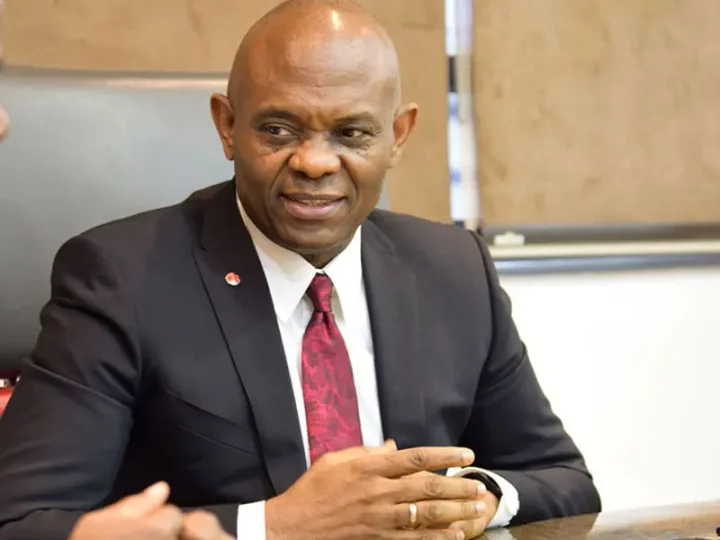
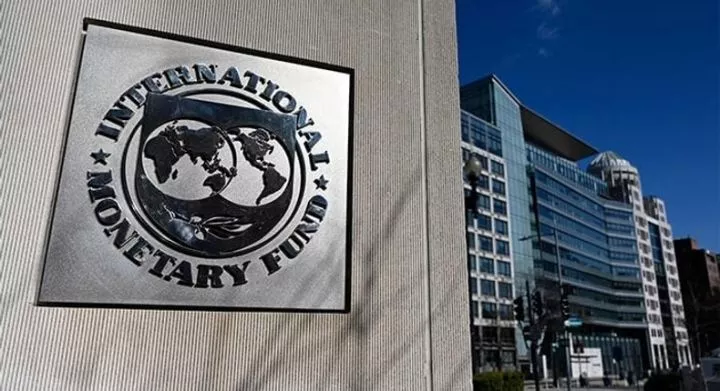

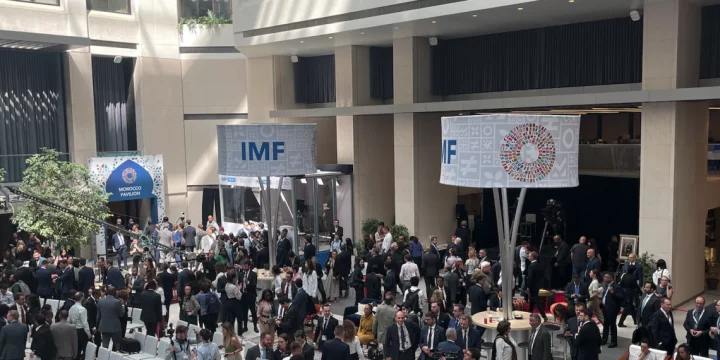
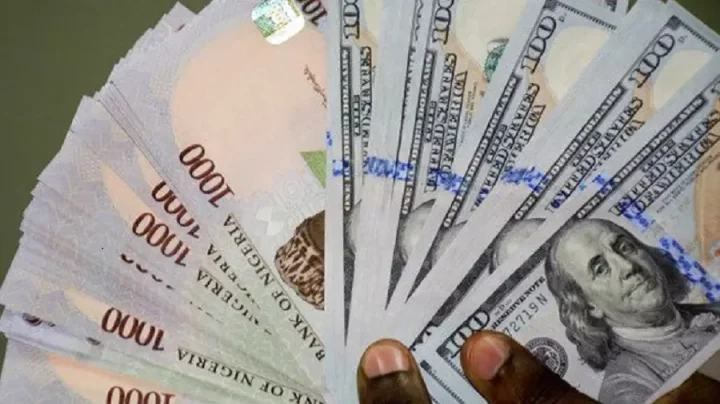




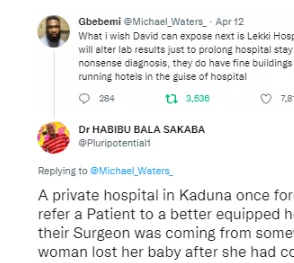




Comments